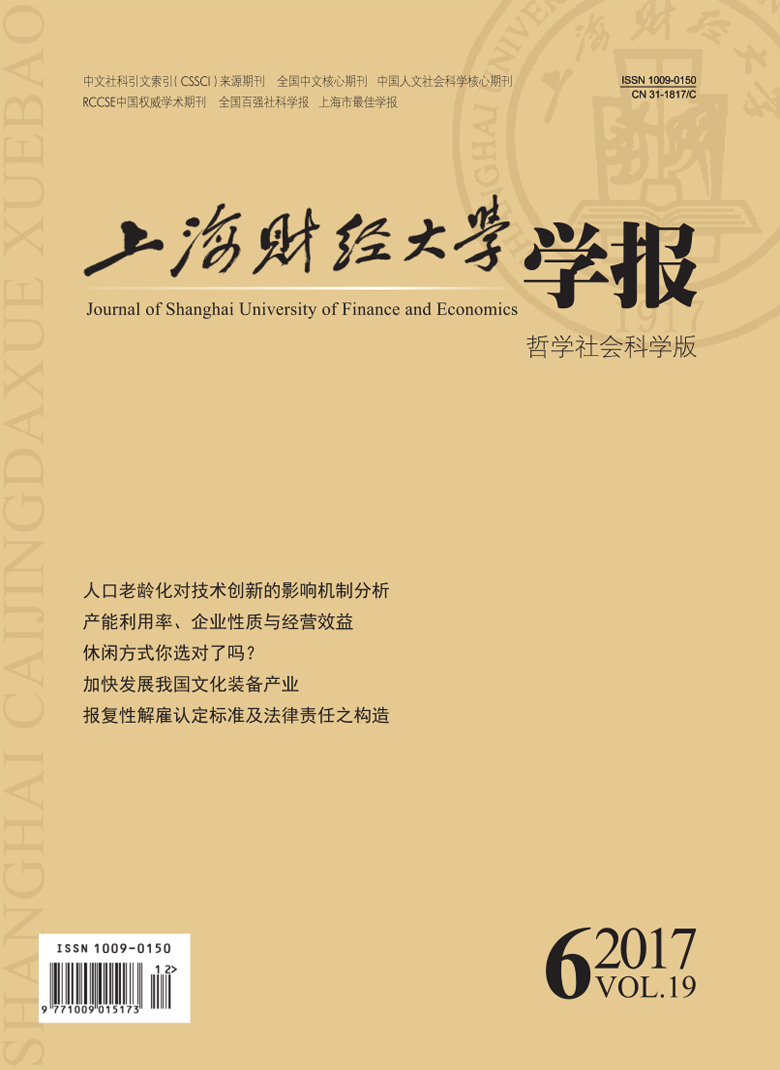Chinese securities regulators are not entirely rational, so they are easily to perform the behaviors that stray from the regulatory objectives and principles. Therefore, it is of great theoretical and practical importance to discuss the characteristics of self-beliefs in decision-making of Chinese securities regulators. This paper uses the psychological questionnaire including contextual factors to investigate whether Chinese securities regulators and securities market investors are affected by three behavioral biases related to self-beliefs, i.e. overconfidence, confirmation bias, and hindsight bias. Also, we apply variation analysis to examine the differences in self-beliefs in decision-making between Chinese securities regulators and securities market investors, and accordingly discuss whether Chinese securities regulators have stronger self-beliefs in decision-making. The main finding of this paper shows that Chinese securities regulators’ performance in overconfidence, confirmation bias and hindsight bias is significantly different from securities market investors. And after combining and calculating three types of irrational behaviors, we find that the self-beliefs level of Chinese securities regulators(M=48.75)is significantly lower than the ones of personal investors(M=67.97), institutional investor(M=62.43)and executives of listed companies(M=65.52), implying that Chinese securities regulators lack the sense of security & self-confidence and are vulnerable to external factors such as laws and regulations so as to give up their positions when they make regulatory decisions. On the basis of the research findings, this paper gives the policy suggestions on improving effectiveness of the Chinese regulatory practice through focus on core functions, full empowerment, incentives, etc.
 / Journals / Journal of Shanghai University of Finance and Economics
/ Journals / Journal of Shanghai University of Finance and EconomicsJournal of Shanghai University of Finance and Economics
LiuYuanchun, Editor-in-Chief
ZhengChunrong, Vice Executive Editor-in-Chief
GuoChanglin YanJinqiang WangWenbin WuWenfang, Vice Editor-in-Chief
Does Chinese Securities Regulators Have Stronger Self-beliefs in Decision-making than Stock Market Investors?
Journal of Shanghai University of Finance and Economics Vol. 19, Issue 06, pp. 72 - 82 (2017) DOI:10.16538/j.cnki.jsufe.2017.06.006
Summary
References
Summary
[1] Akerlof G A, Dickens W T. The economic consequences of cognitive dissonance[J]. American Economic Review, 1982, 72(3):307-319.
[2] Alpert M A. Progress report on the training of probability assessors[J]. Judgment Under Uncertainty Heuristics & Biases, 1982, 58(18).
[3] Baron R A, Markman G D. Beyond social capital: how social skills can enhance entrepreneurs' success[J]. The Academy of Management Executive, 2000, 14(1): 106-116.
[4] Ben-David I, Graham J R, Harvey C R. Managerial overconfidence and corporate policies [R]. Working Paper,2007.
[5] Berglund T. Incentives for complexity in financial regulation[J]. Journal of Risk Finance, 2014, 15(2).
[6] Brunnermeier M K, Parker J A. Optimal expectations[J]. American Economic Review, 2005, 95(4):1092-1118.
[7] Choi S J, Pritchard A C. Behavioral economics and the SEC[J]. Stanford Law Review, 2003: 1-73.
[8] Fischhoff B. Hindsight is not equal to foresight: The effect of outcome knowledge on judgment under uncertainty[J]. Journal of Experimental Psychology: Human Perception and Performance, 1975, 1(3): 288.
[9] Hao X G, Li F, Zhang S Y. Research on behavior bias and the correlation among bias of Chinese securities regulators[J]. China Industrial Economics, 2013(10):96-107
[10] Heath C, Tversky A. Preference and belief: ambiguity and competence in choice under uncertainty[J]. Journal of Risk and Uncertainty, 1991, 4(1):5-28.
[11] Hill J. Illegal gaming regulator firing shows Blanco rolling the dice[J]. New Orleans Citybusiness, 2004.
[12] Jeremyko K, Huang Z. Persistence of beliefs in an investment experiment[J]. Quarterly Journal of Finance,2012, 2(1): 1-34.
[13] Jiang S G, Wei Q. belief and psychological games: theory,evidence and applications[J].Economic Research Journal, 2013(6): 141-154.
[14] Kane E J. Ethical foundations of financial regulation[J]. Journal of Financial Services Research, 1997, 12(1):51-74.
[15] Klayman J. Varieties of confirmation bias[J]. Psychology of Learning and Motivation, 1995, 32: 385-418.
[16] Matlin M W. The pollyanna principle: Selectivity in language, memory, and thought[M]. Cambridge: Schenkman Pub. Co., 1978.
[17] Moore D A, Healy P J. The trouble with overconfidence[J]. Psychological Review, 2008, 115(2): 502.
[18] Nickerson R S. Confirmation bias: a ubiquitous phenomenon in many guises[J]. Review of General Psychology, 1998, 2(2): 175.
[19] Plous S. The psychology of judgment and decision making[M]. Columbus: McGraw-Hill, 2004.
[20] Svenson O. Are we all less risky and more skillful than our fellow drivers? [J]. Acta Psychologica, 1981, 47(2):143-148.
[21] Wason P C, Johnson-Laird P N. Psychology of reasoning: Structure and content[M]. Harvard University Press, 1972.
[22] Zhao J M, Wu F Y. Irrationality game: securities regulation under perspective of behavioral finance[J].Macroeconomics, 2008(12):57-63
Cite this article
Hao Xuguang, Zhang Jiaqi. Does Chinese Securities Regulators Have Stronger Self-beliefs in Decision-making than Stock Market Investors?[J]. Journal of Shanghai University of Finance and Economics, 2017, 19(6): 72–82.
Export Citations as:
For




 15302
15302  10439
10439

